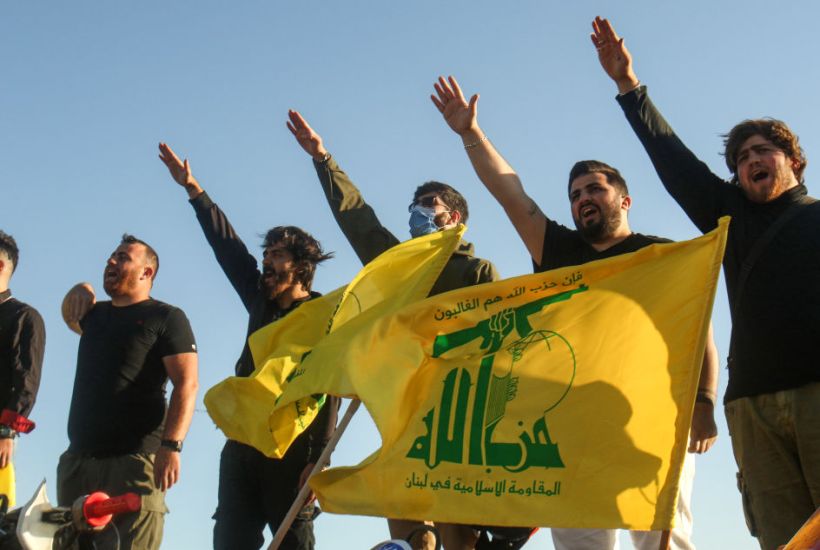Hezbollah has escalated attacks against Israel in the last few days. The Iran-backed Lebanese militant organisation started firing missiles into Israel when the war against Hamas started last October. In the three months since, it has kept attacks limited in order to avoid an escalation into a full-scale war, but the situation is highly volatile.
Already a subscriber? Log in
Subscribe for just $2 a week
Try a month of The Spectator Australia absolutely free and without commitment. Not only that but – if you choose to continue – you’ll pay just $2 a week for your first year.
- Unlimited access to spectator.com.au and app
- The weekly edition on the Spectator Australia app
- Spectator podcasts and newsletters
- Full access to spectator.co.uk
Or




















Comments
Don't miss out
Join the conversation with other Spectator Australia readers. Subscribe to leave a comment.
SUBSCRIBEAlready a subscriber? Log in